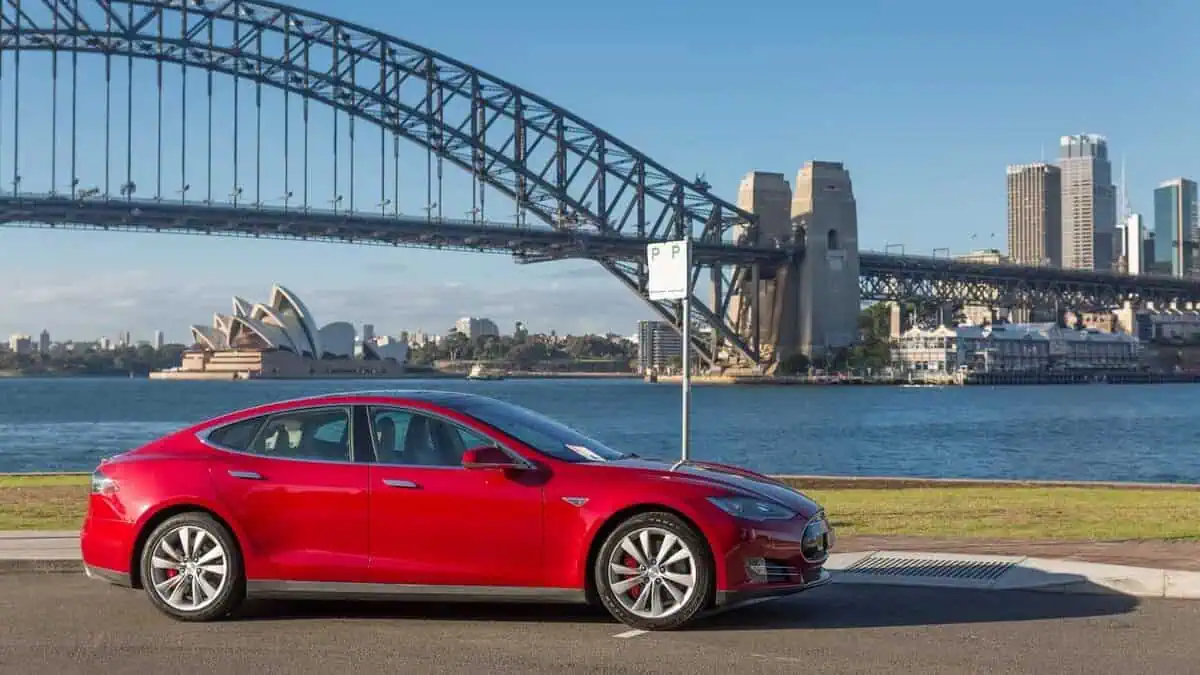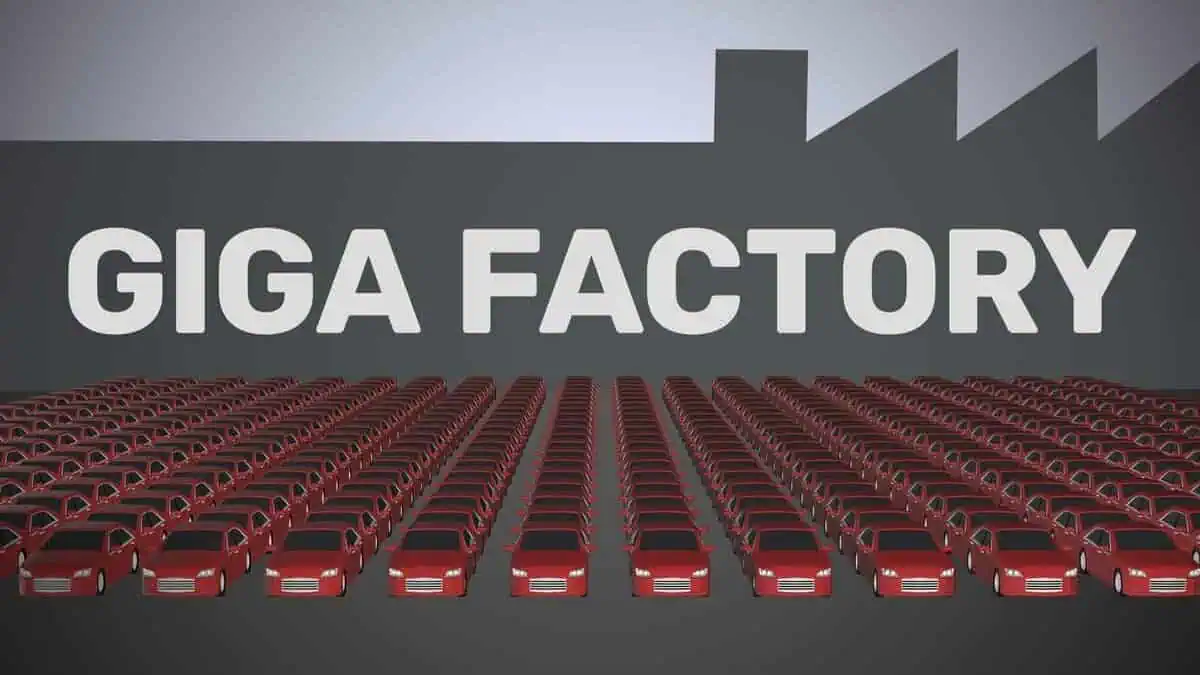Japanese legacy automaker Toyota criticised Australia’s readiness for the electric vehicle transition, claiming that the emerging technology is still “impractical for the vast majority of Australian motorists.”
The remarks gained the attention of the country’s dominating all-electric brand and advocates, The Guardian reported. They argued that it is a “cynical” attack by an automaker “too slow off the mark.”
What happened?
Australia’s leading automotive brand, through its Sales Vice President Sean Hanley, provided remarks against electric vehicles in Australia to the media during the Japan Mobility Show.
The event saw Toyota present its upcoming offerings, including its inaugural electric vehicle bZ4X SUV, which will soon hit the Australian market.
“[Battery electric vehicles] make sense right now in places like Norway where most energy is renewable and incomes are high but Australia is not Europe. In countries like Australia, our data suggests that hybrids can have a greater impact than full electrification in getting carbon off the road.”
Toyota Australia’s Vice President of Sales, Sean Hanley
Mr. Hanley further indicated that the company could produce more hybrid models using the same materials for one electric vehicle. He also argued that EVs were “powered, in many cases, by electricity generated from coal.”
According to Electrek, Toyota has long been the market leader in Australia’s hybrid vehicle segment. It accounted for almost 90% of hybrid car sales there in 2022.
Industry response
Tesla and Australia’s industry group, the Electric Vehicle Council, contended that Toyota’s remarks could potentially impede Australia’s efforts to reduce transportation-induced CO2 emissions.
Moreover, the attack can also adversely affect the flourishing industry that exports critical battery materials.
For context, Australia’s EV sales have just increased by more than twofold. It can further grow to reach new records with the imminent arrival of new legislation that pledges to strengthen the local supply chain.
All that said, Tesla’s Public Policy VP Rohan Patel posted on X to contradict Hanley’s statements.
“Mr Hanley is obviously not much of an expert on the Australian electricity grid or the speed of the transition.”
Rohan Patel, Tesla’s Public Policy VP
The Tesla executive contradicted Mr. Hanley’s comments about EVs relying on coal. According to Patel, renewable energy adoption in the electricity mix grew to 31% today from just 8% in 2009.
Moreover, many Australians have already adopted solar and battery storage systems to power their EVs on 100% green energy.
“Solar and wind are booming, and coal is in a significant decline. Already today, the lifetime emissions of electric vehicles are far better than internal combustion, and that gap is widening as the grid gets cleaner. Aussies love distributed solar/storage, so thousands of families are already running their EVs on 100% clean electricity from the sun.
Rohan Patel, Tesla’s Public Policy VP
Risks
EVC Chief Behyad Jafari warned that Toyota’s alarming remarks could hinder the progressive EV industry in the country.
“These comments go against what’s in the best interest of both Australian consumers looking to save on fuel bills and Australia’s economy by talking down the battery industry when we’re the ones who can supply the world with electric vehicle batteries.”
Electric Vehicle Council CEO Behyad Jafari
Mr. Jafari further stated that the remarks were just part of the Japanese automaker’s strategy to justify their weak and slow progress toward the shift to e-mobility.
“This is an attempt by [Toyota] to try to defend their own failings rather than admitting, as they have at a global level, they got it wrong and they’ve been too slow off the market with EVs. Toyota’s market share has been dropping in Australia and the electric vehicle market share has been growing.”
Electric Vehicle Council CEO Behyad Jafari
Battery electric vehicles are undoubtedly cleaner, safer, and cheaper in the long run compared to internal combustion engine-powered cars that need regular maintenance.
That said, it is crucial for industry groups and electric automakers like Tesla to rebut Toyota’s attack against EVs.






